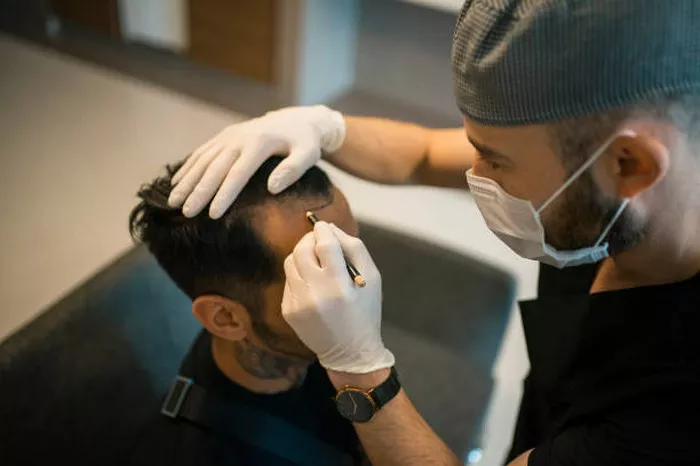As the demand for hair transplants continues to rise, so do concerns about the ethical practices of hair transplant hospitals. While many facilities provide high-quality care and deliver excellent results, others prioritize profit over patient safety, leading to subpar outcomes and even harm. Ensuring ethical practices in the hair transplant industry is crucial to protecting patients and maintaining the integrity of the field.
One of the primary ethical concerns is the lack of regulation in some regions, allowing unqualified practitioners to perform hair transplant procedures. “Hair transplantation is a complex surgical procedure that requires specialized training and expertise,” says Dr. Rachel Kim, a board-certified hair restoration surgeon in Chicago. “Unfortunately, not all facilities adhere to the same standards, and patients may end up with unsatisfactory results or complications.”
Another issue is the use of aggressive marketing tactics to attract patients. Some hair transplant hospitals advertise unrealistically low prices or guaranteed results, which can mislead patients and set unrealistic expectations. “It’s important for patients to understand that hair transplantation is not a one-size-fits-all solution,” says Dr. Kim. “Each case is unique, and the results depend on factors like the patient’s hair type, extent of hair loss, and overall health.”
To address these concerns, industry leaders are calling for stricter regulations and standardized guidelines for hair transplant hospitals. Organizations like the International Society of Hair Restoration Surgery (ISHRS) are working to promote ethical practices and educate patients about what to look for in a reputable facility. “Patients should research the hospital’s credentials, read reviews, and ask for before-and-after photos of previous patients,” advises Dr. Kim. “It’s also important to have a thorough consultation to discuss expectations and potential risks.”
Ethical hair transplant hospitals prioritize patient safety and satisfaction above all else. They employ qualified surgeons, use state-of-the-art technology, and provide transparent information about the procedure and its outcomes. By choosing a reputable facility, patients can ensure they receive the best possible care and achieve natural-looking results.
As the hair transplant industry continues to grow, maintaining ethical standards is essential to building trust and ensuring the well-being of patients. By prioritizing safety, transparency, and quality care, hair transplant hospitals can uphold their commitment to helping people overcome hair loss and regain their confidence.
You Might Be Interested In:

